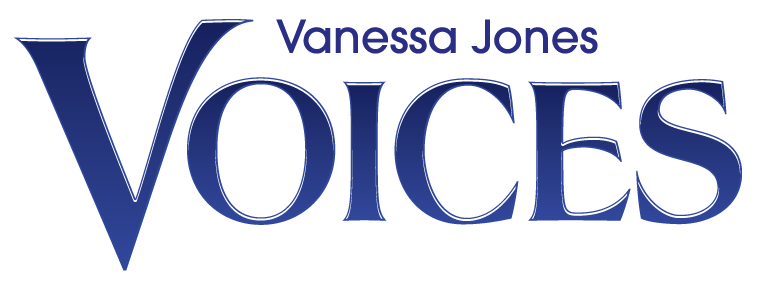Why I Don’t Write with AI
There are often times when I sit at my computer not appearing to be doing anything. Just staring. Maybe moving my lips or tapping with my foot. But what is actually happening in those moments is that my mind is reflecting on feelings and experiences, making connections, and considering possibilities.
In those moments, there is something I want to write. A message I'm trying to convey. My unique brain is struggling to take all the bits and pieces and patterns and fragments of ideas and make something coherent and engaging.
Writing is rarely easy. With my ADHD brain, I am capable of making fascinating connections and seeing things others might not see, but my thoughts are also all over the place and extremely difficult to sort out.
So why not just outsource it? Tell ChatGPT what to write and let it create multiple paragraphs on my topic in seconds? Wouldn't that be a huge help? And if I didn't like everything it wrote, couldn't I just tweak it to suit my needs?
Yes, I certainly could do that. I could fill a blank canvas with pre-fab words that all fit prettily together. I could move words around, add or subtract a thing here or there. I could become and editor rather than a writer.
The problem is that once the page is full of words I didn't write, I have lost something. I have lost the blank page, the internal struggle where I figure out what I want to say and how I want to say it. Once it's been said FOR me, a door is shut. Whatever original take on the topic that might have emerged from my neurons all firing excitedly is replaced by a wall of words I can't see beyond. The structure is now there. The words now fit together. I will work with what I have rather than with what could be.
This may not seem like a loss, especially as the gains are great: saving me time, getting more done, meeting my deadlines without as much stress. But it is in fact a profound loss to hand over the creative process to AI. Because if I choose AI writing over my own, I'm stymying my own potential for growth. The time I take to figure out what to write is time I'm reflecting, trying out different perspectives, taking risks. I know myself better and I connect better to my audience when I let myself struggle to write.
Author and essayist Joan Didion once said:
"I write entirely to find out what I'm thinking, what I'm looking at, what I see and what it means. What I want and what I fear."
This is true for me as well. I am moved to write personal essays or poetry or blogs when I have something I am burning to figure out and examine my feelings about. I want to know what I really perceive and then I want to share what that means to me. When I do copywriting for others, I zero in on what I think is important and relatable about their business or product. I relate a problem a product solves to a story from my own life, engaging with it as I know other humans would.
How do I Know Me? And You?
Writers understand that writing allows us to get to know ourselves. If I let AI speak for me, then I cut myself off from the opportunity to experience my full humanity. I need that blank page like I need the intake of breath. For as we inhale before speaking or our fingers hover over the keyboard before typing, we are taking in a world of potential. It is where the thought process happens. What comes out in that next instant is connected to our soul.
Let's relate this to food. When you offer someone cookies, they appreciate the effort. Store bought cookies just aren't the same as homemade. Even if you add your own icing or put the store bought cookies in a different package, you simply aren't offering as much of yourself. And hence others aren't going to feel as connected to you for your efforts.
In writing, when I bring forth words from the depths of my consciousness and arrange them together to share, it's as if to say "I made this for you. It contains parts of me that I believe you'll connect to."
And you receive those words and resonate with them because they speak to your human experience, too. Good, human writing contains depth and strength because we have given it time to percolate up through all the layers of our knowledge and experiences.
So let us break bread (or eat cookies) together and share in this human experience of creation. I've made heaps.

